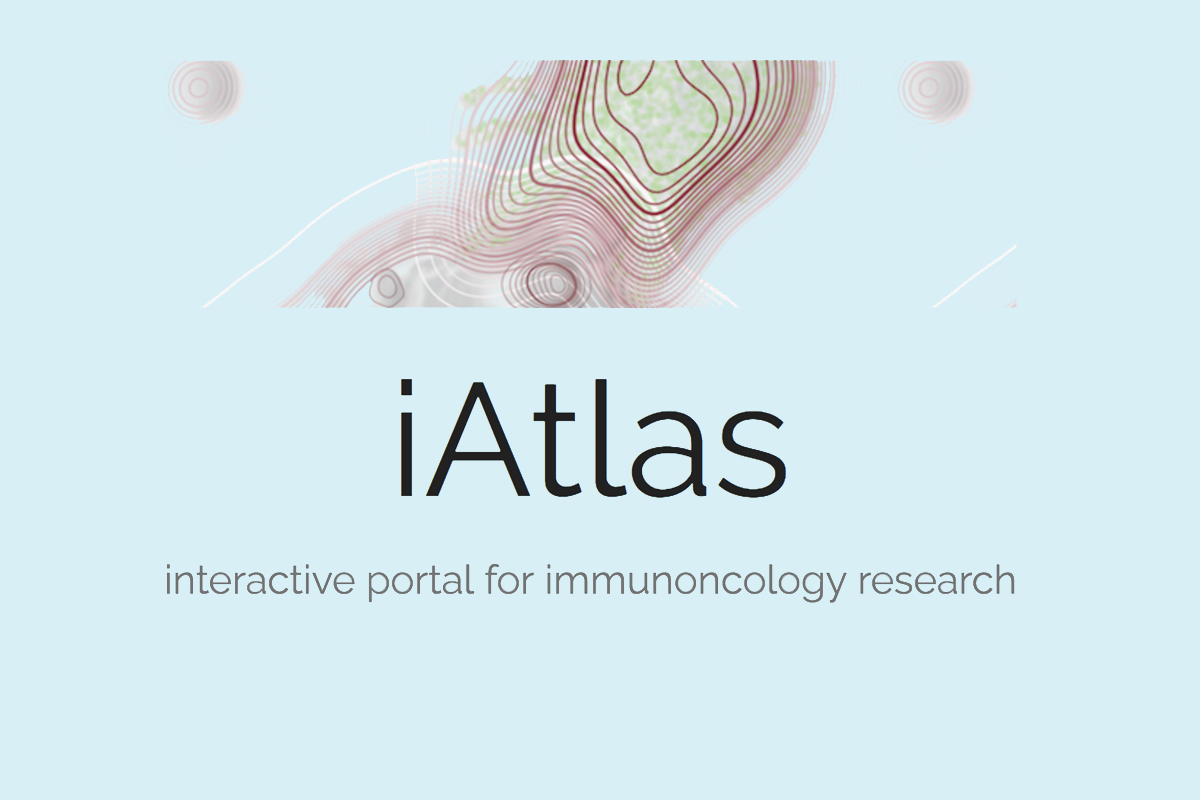TCGA, ISB Researchers Identify Potential Drug Targets for Leading Form of Deadly Liver Cancer
 shmulevich.isbscience.org/2017/06/19/tcga-isb-researchers-identify-potential-drug-targets-leading-form-deadly-liver-cancer/
shmulevich.isbscience.org/2017/06/19/tcga-isb-researchers-identify-potential-drug-targets-leading-form-deadly-liver-cancer/
June 19, 2017
Researchers in ISB’s Shmulevich Lab and their colleagues in The Cancer Genome Atlas Research Network performed the first large-scale, multi-platform analysis of hepatocellular carcinoma, the predominant form of liver cancer. Study was published on June 15, 2017, in the journal Cell.
3 Bullets:
- Liver cancer is the second most common cause of death from cancer worldwide.
- ISB researchers and colleagues from The Cancer Genome Atlas Research Network performed the first large-scale, multi-platform analysis of hepatocellular carcinoma, the predominant form of liver cancer.
- Such integrated analyses enabled the identification of potential therapeutic targets and facilitated biological insights that would not have been possible otherwise.






